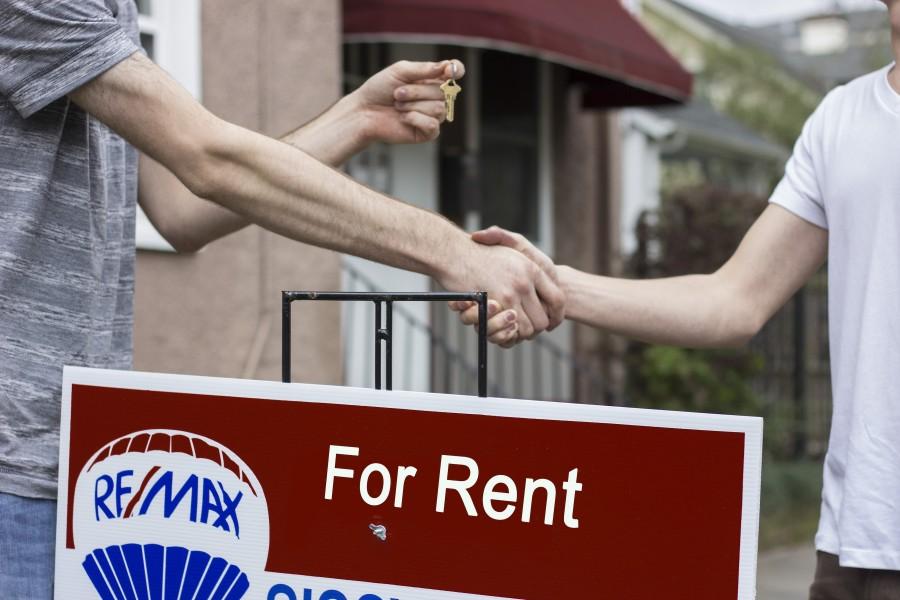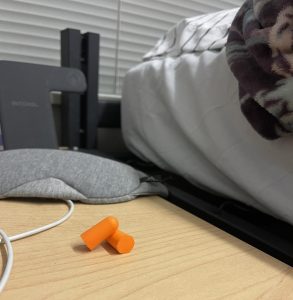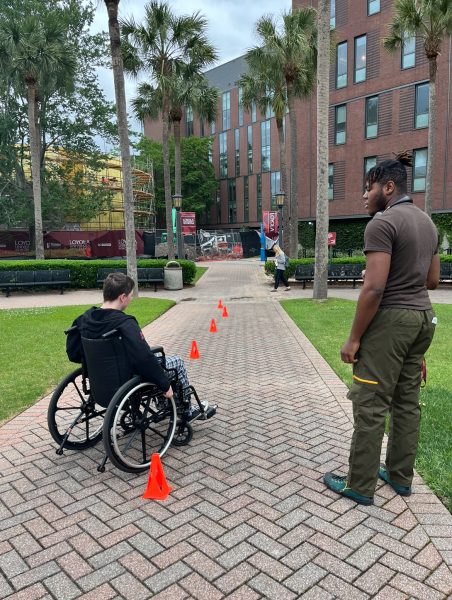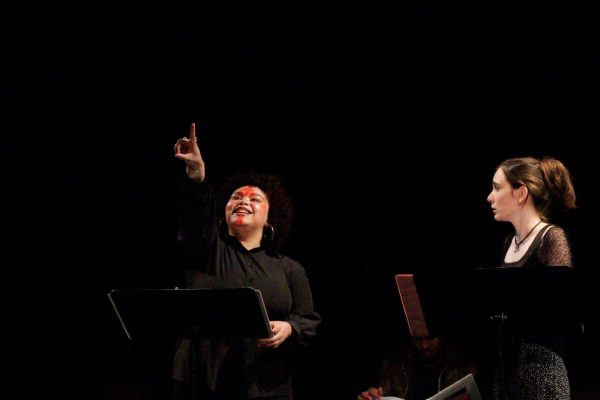What you need to know before signing the lease
March 15, 2016
Moving into your first off-campus apartment is an exciting thing most college students look forward to. No more rules, no public restrooms, no strict RAs and no more outrageous fines from a drunk neighbor who felt your wing’s water fountain would look better ripped out of the wall. Plus, you can now use the line, “Why don’t we go back to MY place.” Except it’s not really YOUR place. It’s somebody else’s place and you’re paying them to let you live there.
This is when the lease becomes important. While these eight to 10 page legal contracts often have a negative association, they are meant to protect the renter just as much as the owner. Without a lease, your landlord could kick you out anytime for any reason. It also requires your landlord, by law, to provide a livable place for you and all your belongings. Any intelligent property owner, who doesn’t want a reputation as a slumlord, will do just that.
Before legally committing yourself to an apartment, make sure the toilets flush, the front and back doors and windows all close and lock securely. If you’re not familiar with the neighborhood, check it out at night.
When signing the lease, a landlord should walk you through each section explaining what each part means. If they’re trying to rush you through it, insist they slow down or let you look over it privately. You should also ask for a digital copy.
There are many important parts of a lease to pay attention to. For example, the policy regarding how and when a landlord may enter the property. They should give you at least 24 hours notice. If you have pets, there might be an additional deposit, or they may not allow them at all. Fill out the section that covers existing damage, and take pictures before you move in to avoid being charged for them when you move out. Also, pay attention to the dates on the lease. Typically when a lease is up you’re given the option of renewing or going month to month with an increase in rent. If the apartment is on a parade route or near the fairgrounds, the lease might require you move out so the owner can rent it out short term during Mardi Gras or Jazz Fest.
Loyola Alum Liz Clendennin had an experience that proved that knowing and understanding your lease is essential. Clendennin lived in an apartment with a yearlong lease. Soon after moving in, she discovered that her bathtub drained slowly so she had to stand in dirty water as she showered. Next the kitchen ceiling started leaking into the light fixture creating a fire hazard, and then the back door broke and wouldn’t shut. She contacted her landlord who claimed they couldn’t afford to fix these issue right away.
Stuck in a lease she didn’t want with an unhelpful landlord, she decided to move in with her boyfriend. When reviewing her lease, Clendennin discovered that while the lease said 12 months, the specified start and end dates where Jan. 1 to Dec. 1. The landlord’s attorney who drew up the lease had made a mistake. As with all legal contracts, ambiguity favors the signer. Clendennin found a new job near her boyfriend’s and moved after paying November’s rent.
Clendennin’s landlord, however, refused to refund her security deposit, and a lawyer advised her that it would cost more to take legal action. Now, if one were to break a lease, they might be in jeopardy of getting sued for the remaining months rent. If the property is privately owed, chances are it’s not worth the landlord’s time and money. However, when dealing with a large apartment building or complex, the owners will take action and leaving the unit early could cost thousands of dollars.
So be advised, take plenty of time when reviewing a lease, and whatever you do make sure you understand what you are signing.
















